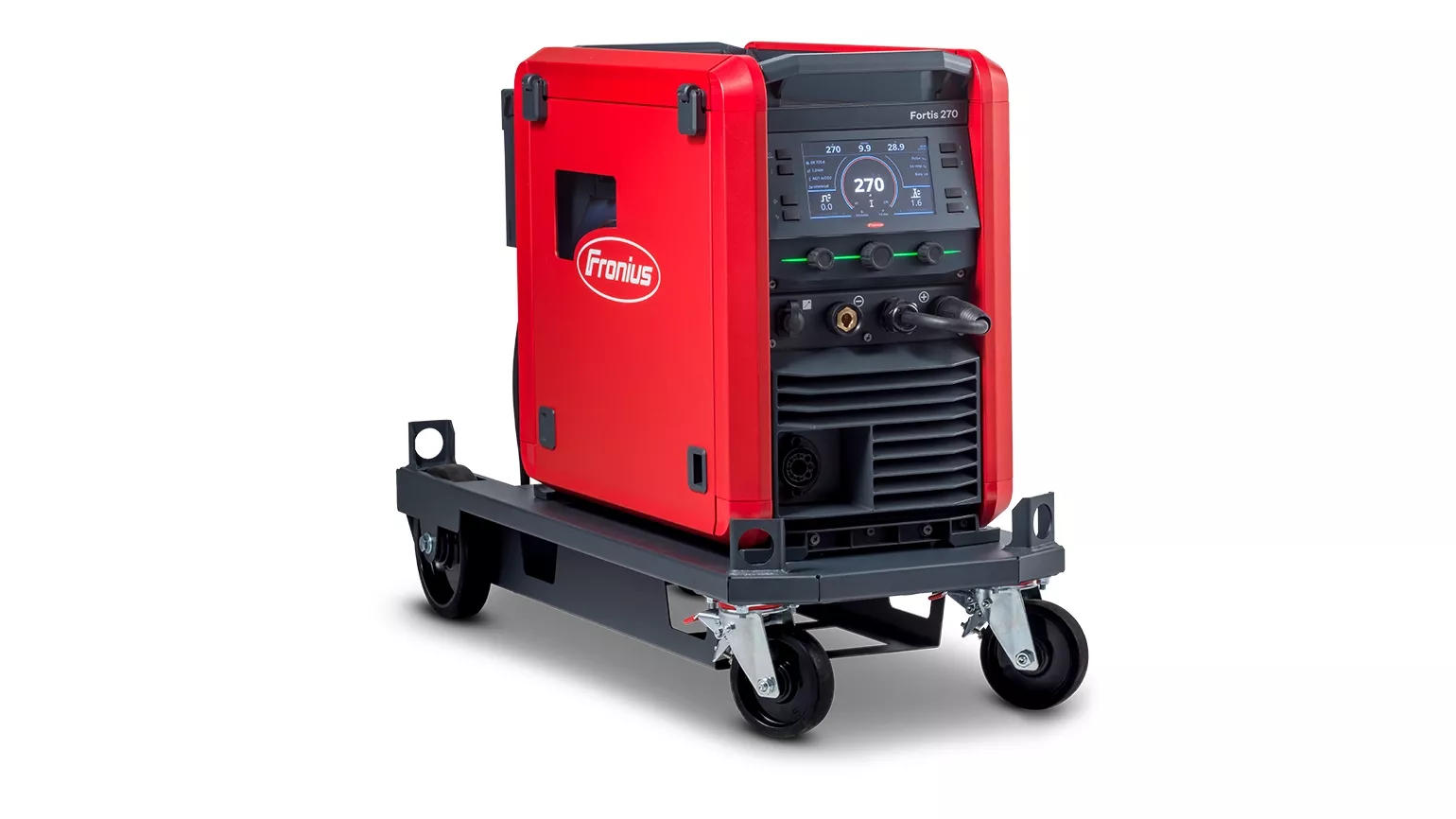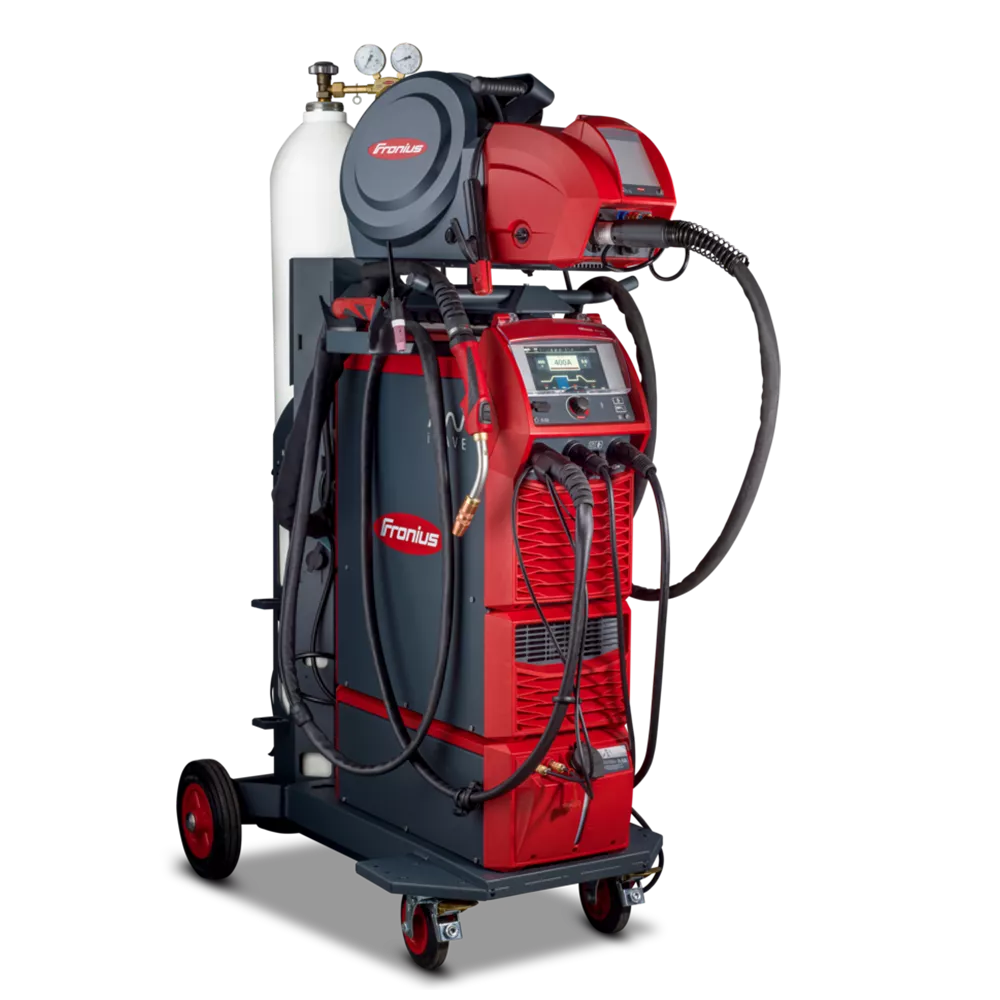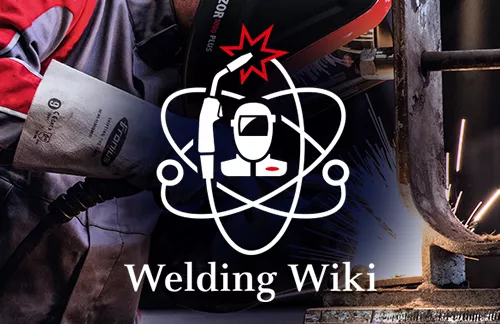What are
multiprocess welding systems?
Multiprocess vs Standard welding machines
Why choose a multiprocess welding system?
Multiprocess machines combine several welding processes (MIG/MAG, TIG, and MMA) in a single device. Consistently high welding quality: As a result, they offer maximum flexibility for different welding tasks without compromising the performance of a single process. This not only saves space and weight, but also investment costs, as only one welding machine is required for different applications.
Important to know: Not every device with multiple processes is automatically a genuine multiprocess machine. An additional process is often only an “added extra”, which can lead to a loss of performance in terms of arc stability or ignition quality, for example. Only when all three processes are performed at a comparable level, as is the case with our Fortis, can we speak of genuine multiprocess capability.
Your advantage: Maximum flexibility combined with high welding performance—without compromising on quality or ease of use.
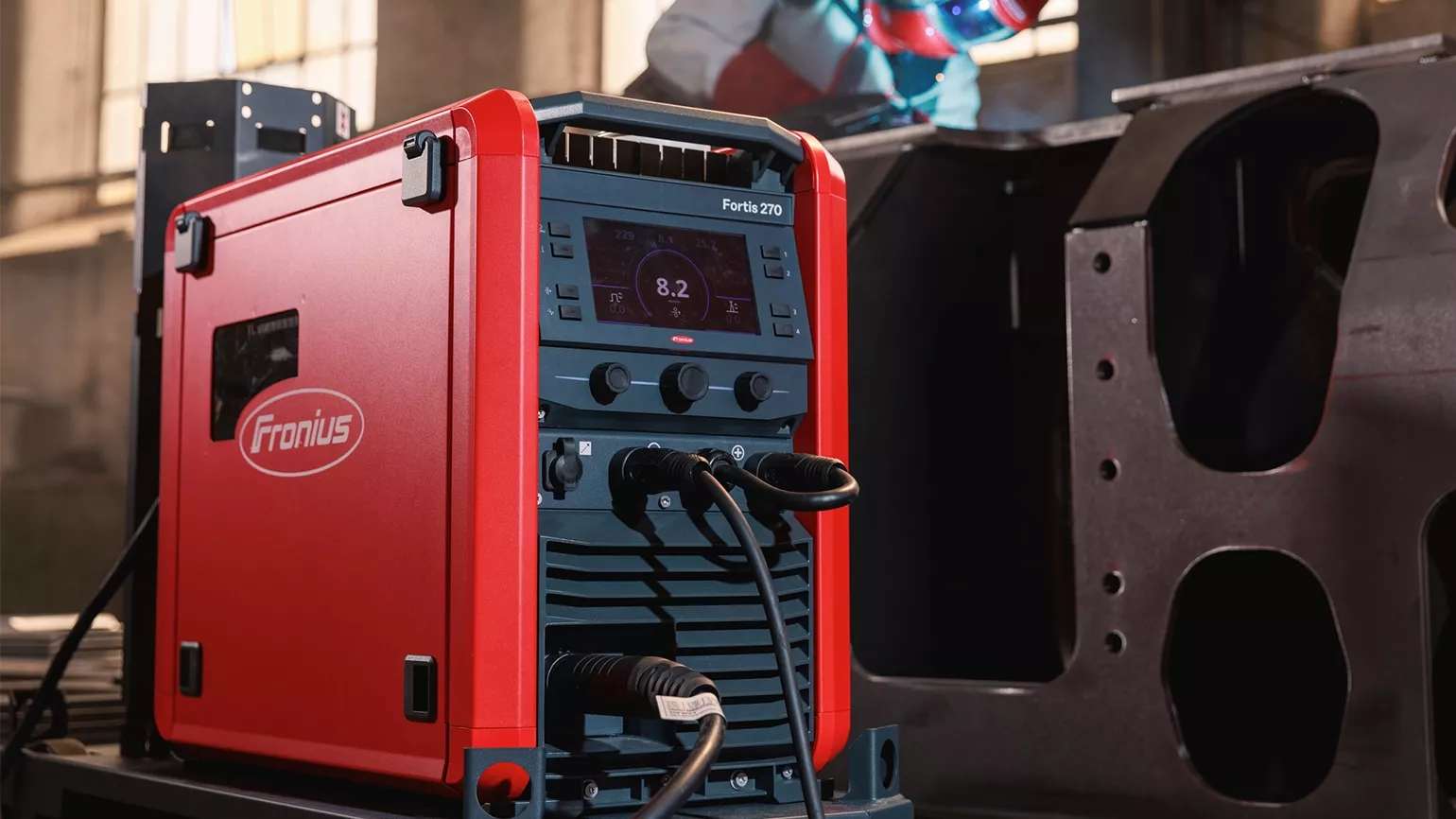
Multiprocess vs. Multiprocess Pro—What’s the difference?
Multiprocess welding systems already offer a high degree of flexibility. They combine MIG/MAG, TIG, and MMA functionality in a single device and can therefore be used in a wide variety of welding situations. However, compromises often have to be made in one or more of the processes—for example, in terms of arc stability, ignition behavior, or adjustment options.
Multiprocess Pro goes a decisive step further. These machines, such as our iWave with Multiprocess option, can perform all three welding processes to the highest level of quality—and without any limitations.
Put simply, while conventional multiprocess devices impress mainly with their versatility, Multiprocess Pro is laser-focused on the quality of each individual process. For all those who don’t want to compromise—neither on technology nor results.
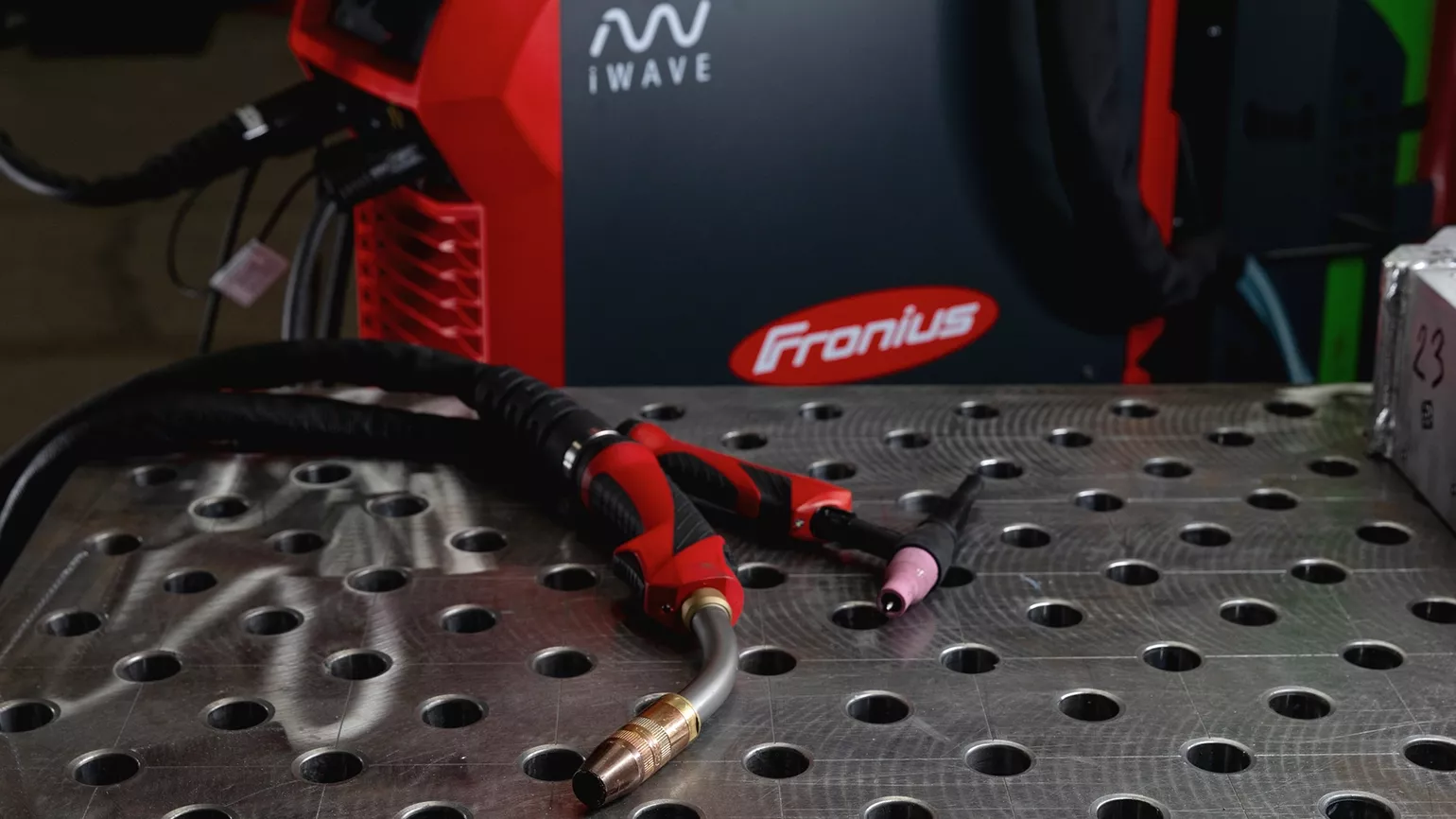
Our multiprocess welding systems:
Let’s stay in touch
A comparison of the most important welding processes
The MIG/MAG welding process usually forms the basis of a multiprocess system. MIG/MAG machines are somewhat larger in size, as the other processes are integrated into the original device. The processes in detail:



